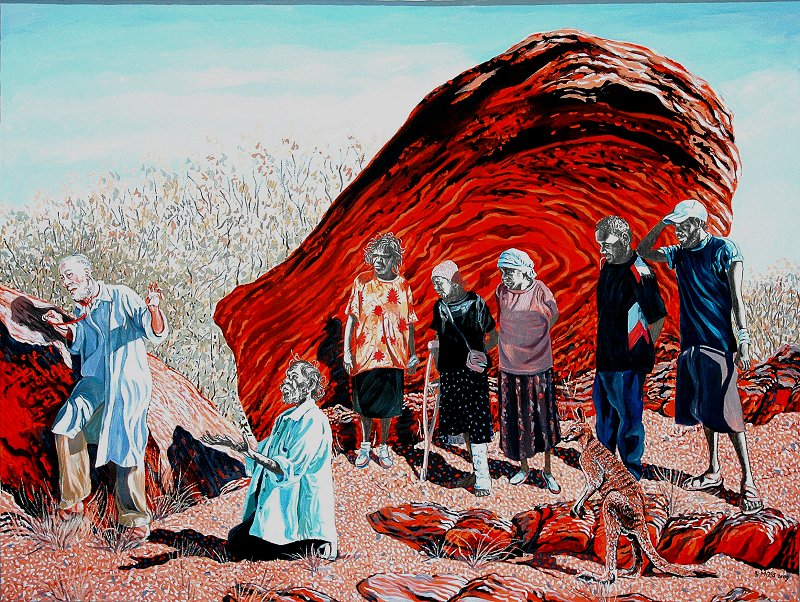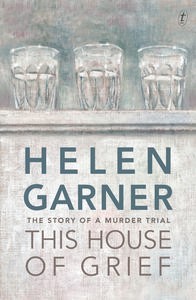I wrote a post a few days ago expecting it to pass with a yawn. That it did not is a surprise. That it might matter is an astonishment. That I’ll persist is the fault of the addressees below:
Dear palmerglassbox,
I am gratified to bring a ray of sunshine twice a week, but I am concerned about the other five sunless days. Please ask your doc to measure your vitamin D levels.
Dear Lionel Lubitz,
I like the idea of opening you (plural) up. It is ages since I performed a laparotomy. Thank you for your unhyperbole and for the teasing notion that the blog can annoy you (again plural). Someone’s taking notice.
Dear Susanne at Bilingual Options,
Your response delights me because you delight in the stories that delight me most, those about family. As one very familiar with the grandrats (Susanne is the model for the speech therapist in Carrots and Jaffas, and my twin grandsons were her patients), you know well their suicidal energies. And as for wordpress, it conquers even the mightiest intellect. Only my daughter can be its blogmeistress, and that by virtue of her power of persistence (in her childhood, read ‘stubbornness’.)
Welcome kaisywmills, who like Janus, has two faces, one feminine, the second bearded.
Claire McAlpine, bloggist and book critic, says blog on. Same to you, Claire, and more so. Your blog and your reviews bring good books to our attention.
Thank you Sulfen for what I take to be encouragement. It is no chore to write, the contrary in fact; my fear is creating a chore for the reader.
And Kerryn, who wrote so thoughtfully: Kerryn, when you encourage me to tell stories, you give my inner minstrel voice to sing. And your suggestion for a story about the bloke in my wedding photo is irresistible. (Watch this space.) Further, if, dear Kerryn you were born on New Year’s Eve about 35 years ago, you might have been delivered by me; and in that case you have met that man, you knew that face: he is my forever friend, my former partner in the medical practice you attended in childhood.
And dear Louis De Vries – the publisher all writers dream of and none can deserve – we know where the readers are: they are all reading on tablets, which were invented to bankrupt you, to frustrate me and to allow people to read in the dunny.
Dear Miriam Abud,
How delightful to find you finding me in this way. Suddenly the invention of the computer is justified, the existence of the internet worthwhile. The thought of anyone settling down to half a dozen of my writings thrills and amazes me. That it is YOU fills me with smiles of pleasure. I’ll keep going. And I think the radio would bring out all that is boring and pompous and opinionated in me. But if it would sell books…
And you, Helen, in urging more poetry you open a mare’s nest, a can of sperms, and a mix of metaphors. My own verse is largely limited to medical referral letters where, because they are confidential and hence unpublishable, the verse does least harm. On the odd occasion I post the verse of true poets, women – generally young undergraduates – drool and swoon, a pleasant surprise for an old gent. I suspect poetry drives many men away.
Hello, misssophiablog, welcome to this blog. I am impressed that yours has a FAQ section. Golly. When I need fashion advice I’ll turn to you, Courtney.
Hello Spot, your remark, ‘in the outback you give us another window on the world’ is unexpected and brings the sudden thought that a casual smartarse blogger might actually be some sort of postman to another person waiting for a letter, any letter. Suddenly, all this might be serious. Or significant. Thank you and golly!
Hello dear Faye Colls,
No writer could ever earn your unwavering loyalty. You are a warm and kindly spirit. Fair dinkum.
Dear Dear Bruce,
In your steadfast attention to my musings you create a blog of your own, revealing a soldier of the law who defended the weak to his own cost. You show us your wounds of honour, your human vulnerability. In all your humility you lift us up.
Dear Hilary Custance Green,
As well as having the very most remarkable and unforgettable and rhymable name an author or a blogger could desire, you write most thoughtfully and I should say, faithfully. Everyone should read your new novel, which I will buy in the UK in January – despite Amazon’s best efforts to sabotage you – and which I’ll review in this blog. Please ensure Foyles stocks the book.
I have just received your remarkable (and generous) review of Carrots and Jaffas. You have expressed my purposes so adroitly and divined my approach so comprehensively, you’ve actually deepened my understanding of my own book. Thank you, quite humbly, HCG. (in my trade hcg is the acronym for human chorionic gonadotrophin, which is the substance in a woman’s urine that tells her she’s pregnant when she pees onto a stick. You have elevated HCG to a more refined level.)
Dear Nick Miller,
Like you I find myself thwarted by wordpress. I’m all the gratefuller for your close attention to the blog, as to all of my writing. Carrots and Jaffas would have been a much poorer book without your criticisms.
Gerard Oosterman, hello, and thank you for commenting. Your own blog is masterly and you seem to have conquered wordpress. Bravo! (note to readers – chase up gerard’s blog: it’s a ripper!)
Dear I L Wolf, dear Margot Mann (in fact, beloved MCM), dear Glitchy Mind, dear Claire Word by Word, dear the chattyrachel, dear M. Talmage Moorhead (a name to rival Hilary’s), dear mannyrutinel, dear amandalyle, dear fictionistasan (intriguing monniker), dear M. Funk l PHOTOGRAPHY, dear Greg Mercer, MSN, dear jackiewilson, dear bluchickenninja – you all liked a blogpost that ran the risk of becoming a fishing expedition for compliments. You forgave me and you wrote. Thank you all.
And dear DovTheRov, you make me larrf, Thank you for the encouragement. You write a mean weekly newsletter. How many rabbis can make a minyan smile?
In Hebrew we have an expression: “acharon, acharon chaviv” – last mentioned, most beloved. Thank you Rachel, thank you, thank you.
Yours, twice weekly, I’m afraid.


